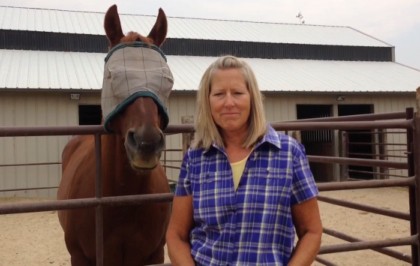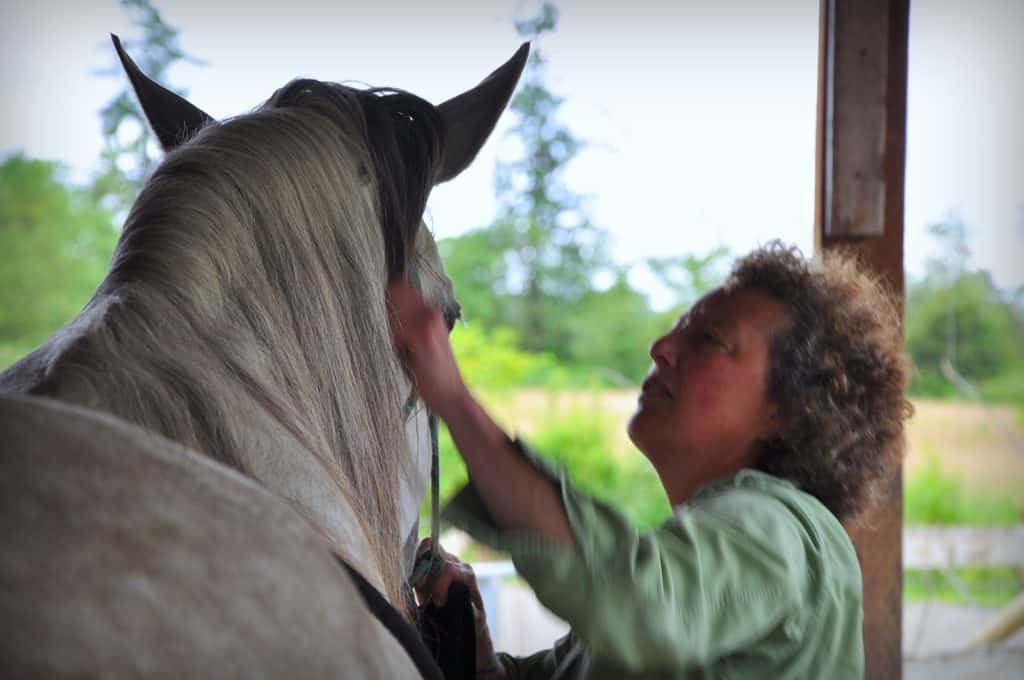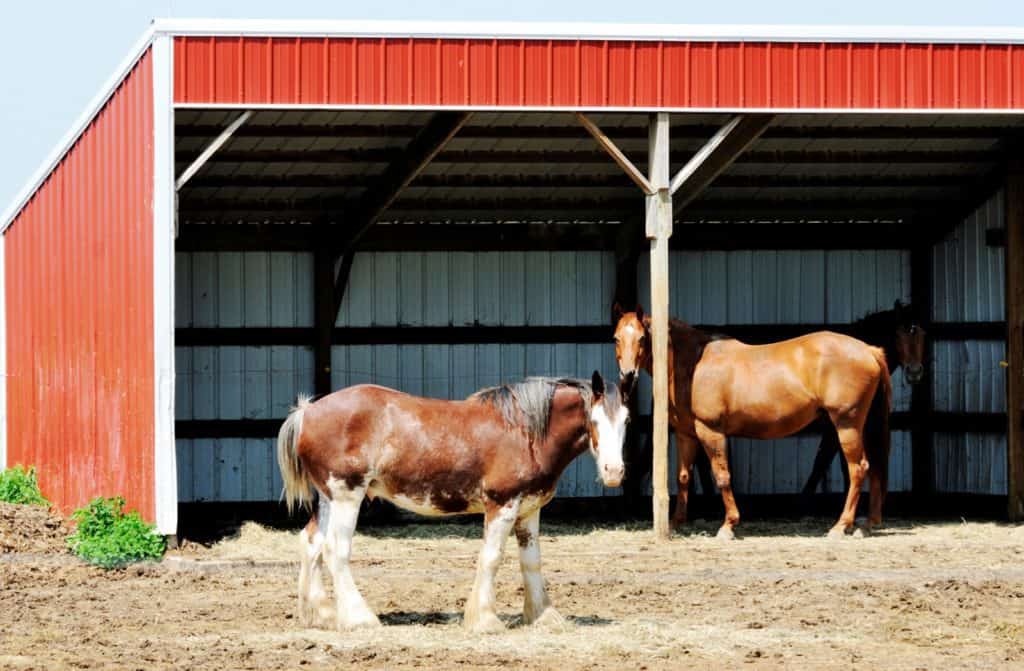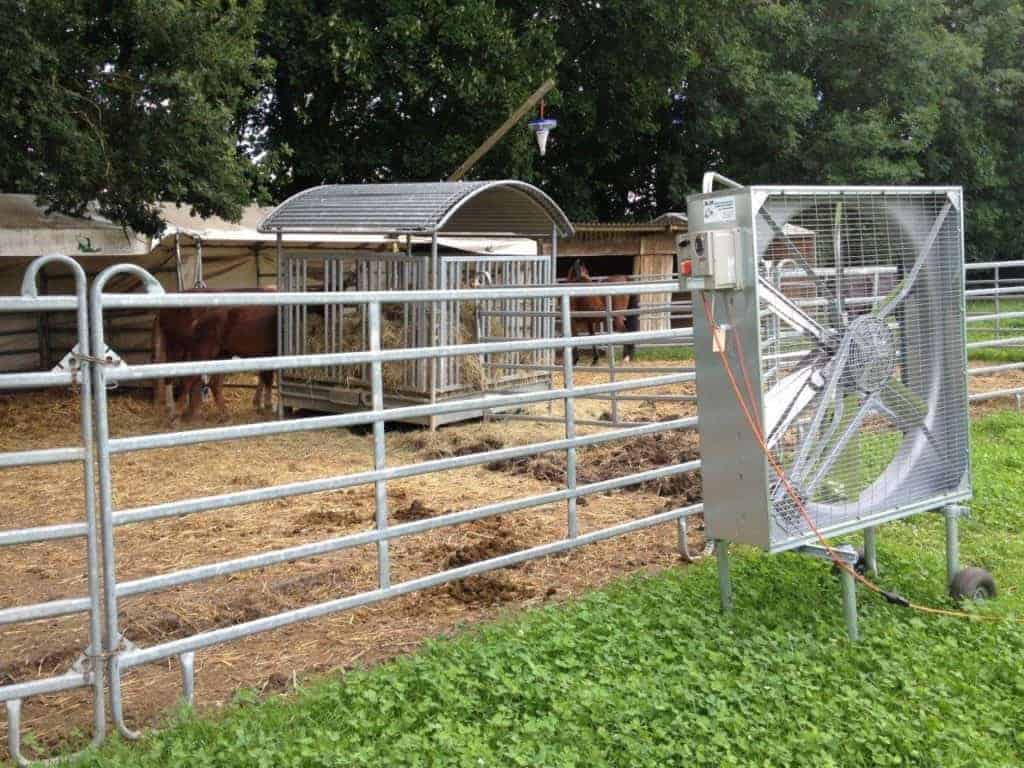
Natural Insect Control Options
Horses for Clean Water’s Alayne Blickle offers advice on controlling flies and other bugs on horse properties.

Horses for Clean Water’s Alayne Blickle offers advice on controlling flies and other bugs on horse properties.

Of the 661 respondents, 466 (70%) said their horses wear fly masks regularly during the spring and summer.

Mites, lice, flies, and mosquitoes can cause irritation to horses and carry dangerous diseases. Be aware of the external parasite species that are in your area and when they are prevalent so you can control them.

Brood V of the 17-year periodical cicada, which is comprised of three separate species, is due to emerge this spring.

What eats 600 mosquitoes an hour? Find out and get more tips for protecting your horse from disease-spreading insects and pests!

Researchers found providing a climate-appropriate shelter in the summer can provide horses with shade and insect relief.

If you own horses in Colorado, you’re probably familiar with VS. Elsewhere, you might get to know it soon enough. Get your questions answered now from our experts.

Discover what diseases your horse can catch from other animals, big and small.

Scientists recently studied fly control methods for horses and determined that mosquito netting and large fans could be the best defense against flying insects.

With a mortality rate of 90% in horses, EEE is a serious mosquito-borne disease.
A 2014 outbreak at a Japanese racing stable re-awakened awareness of Getah virus and its threat to horses.

Rain can result in an abundance of mosquitoes, which can transmit serious diseases to your horse.

From vaccinating against disease to storing feed properly, learn how to protect your horses from pests.

There’s still time to take steps to protect your horse from these two potentially deadly mosquito-borne diseases.

Vaccinating, eliminating standing water, and stalling horses can reduce the risk of mosquito-borne disease.

Toxic reactions to bites are uncommon in horses, but when they do occur the consequences can be serious.
Stay on top of the most recent Horse Health news with
"*" indicates required fields